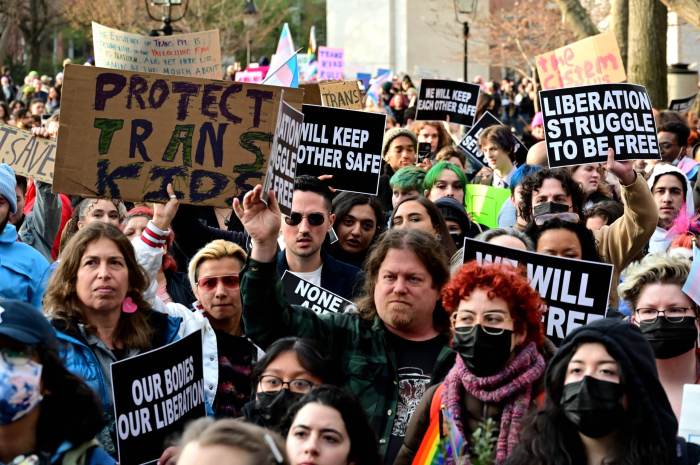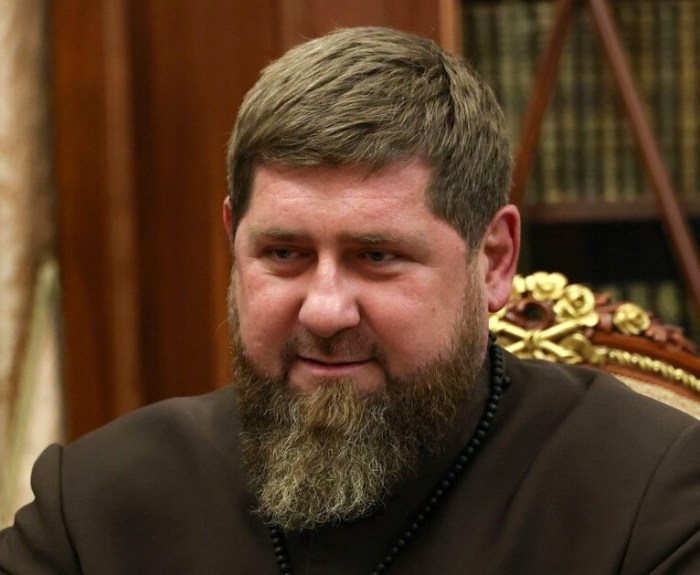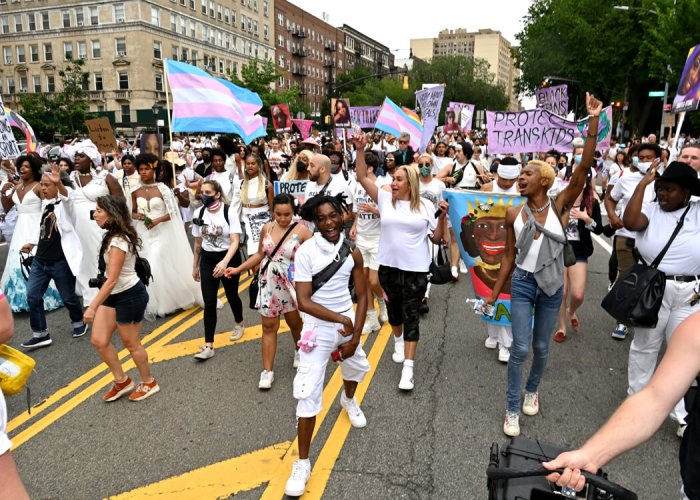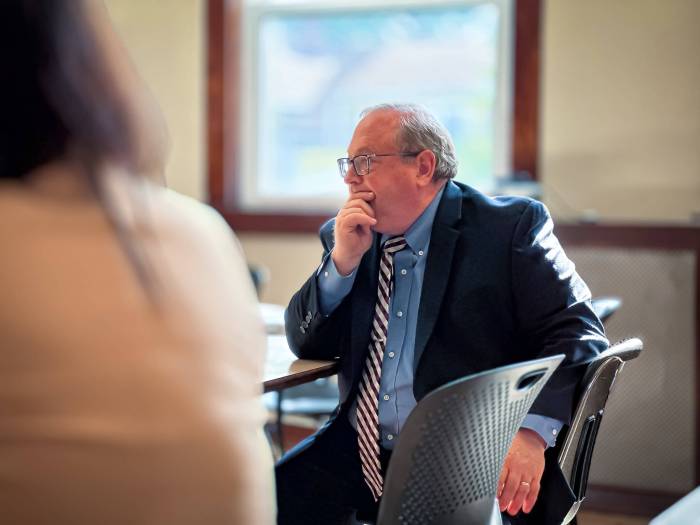With governor's support and majorities in Senate and House, advocates have eye on opponents' referendum plans
The Washington State Senate now has the 25 votes necessary to pass a marriage equality bill that is also expected to clear the House of Representatives and has the support of the governor.
Democratic Senator Mary Margaret Haugen’s announcement she was prepared to cast the deciding vote came on January 23, as the Senate Government Operations Committee concluded a hearing on the bill. Later in the day, the House Judiciary Committee also held hearings.
The measure has 50 sponsors in the 98-member House and now a majority in the 49-member Senate.
Marriage equality enjoys the strong support of Democratic Governor Chris Gregoire. In a hearty endorsement speech on January 4, the governor alluded to the struggles for civil rights and women’s equality and then said, “Now it’s our time… this generation’s call to end discrimination –– discrimination against our gay and lesbian citizens. It is time for marriage equality.”
Associated Press quoted Senator Haugen saying she had now reconciled “my religious beliefs with my beliefs as an American, as a legislator, and as a wife and mother who cannot deny to others the joys and benefits I enjoy.”
Advocates are not taking their progress for granted, however.
“The worst thing we can do at this point is to be complacent,” Josh Friedes, the director of marriage equality at Equal Rights Washington, told Gay City News. Noting that the National Organization for Marriage (NOM) –– the leading group fighting against equal marriage rights and other same-sex partner recognition laws –– first testified publicly at this week's hearings and has also begun opposition robocalls, Friedes said now is the time for gay marriage supporters to call legislators to thank them for their commitment to vote yes.
He also said advocates recognize that after winning approval for marriage equality, they will likely have to defend it in a referendum.
Friedes said that with a short legislative session, House and Senate approval of marriage must be wrapped up by mid-March.
“It's likely we'll see action significantly before that,” he said, not ruling out passage as early as next week.
If enacted, Washington will join New York, Massachusetts, Vermont, New Hampshire, Connecticut, Iowa, and the District of Columbia in giving gay and lesbian couples equal marriage rights.
“I’m proud of the steps the Senate and House committees took today to advance marriage equality in Washington,” said Senator Ed Murray, a sponsor of the legislation. “Momentum continues to grow, and we’re seeing blossoming support from people of every walk of life.”
His House counterpart, Representative Jamie Pedersen, who chairs the Judiciary Committee, said, “I was moved by the families and veterans who came forward to share their stories about why our state should allow gay and lesbian couples to marry –– and impressed by the broad coalition of faith leaders, businesses, and other allies who were willing to testify in support of equality for all Washington families.”
Murray and Pedersen are two of the six openly LGBT members of the Washington Legislature.
Among the hundreds who descended on the State Capitol in Olympia for the hearings were Grethe Cammermeyer, a retired Washington National Guard colonel who successfully challenged her 1992 discharge under Don’t Ask, Don’t Tell and was able to serve until her 1997 retirement, and her partner Diane Divelbesse, who live on Whidbey Island in Puget Sound.
In a statement released by Washington United for Marriage, a broad coalition of equality supporters, the couple said, “We can’t believe this day has finally arrived. We have always considered ourselves to be spouses and have strived to raise our family just as any other family would do. Now the efforts we’ve made and the love we share can finally be recognized as equal under the eyes of the law and to our family, friends, and neighbors.”
The day’s hearings drew large crowds of marriage equality supporters as well as their opponents. According to AP, a gay marriage law can be challenged at the ballot if opponents are able to collect 120,577 signatures by July 6. The ballot question would ask Washington voters whether they approve or reject the new law. Such a referendum, however, cannot be filed with the state –– a step that precedes circulating petitions –– until after the law is enacted.
Enactment in this session would allow marriage by same-sex couples to begin in June if there were no referendum. However, once opponents file a referendum –– even before signatures are collected –– the law is stayed until the matter is resolved definitively.
Equal Rights Washington's Friedes did not offer an estimate of how much advocates would have to spend to defend the law, beyond terming the total “unprecedented.” Noting the strength of the coalition formalized with the launch of Washington United for Marriage last year, he said everybody has long known that the advocacy effort is two-pronged –– enacting the law and defending it at the ballot box.
AP reports that NOM pledged this week to spend $250,000 in primary challenges against Republicans who vote for the gay marriage bill. Two Republican senators and two of their House GOP colleagues have stated their support for the legislation.
Since 2009, Washington State has had a broad domestic partnership law similar to the civil union statutes in New Jersey, Illinois, and Hawaii.

































